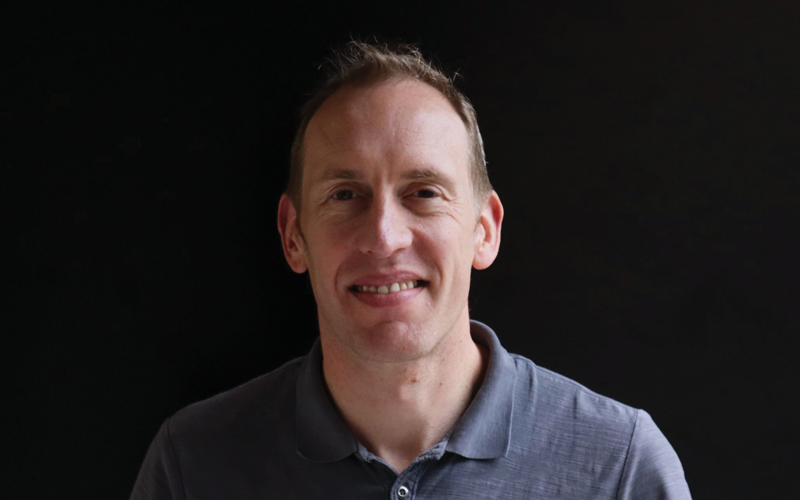The Last Word May/June 2025: Alan Furley

Hiring without a safety net: What start-ups can teach the recruitment industry now
We’re not in the same market anymore – and I don’t just mean the businesses we serve. I’ve been reflecting on the disconnect between how the traditional recruitment business model works, and what clients actually need from us now.
It’s been a tough 18 months for pretty much everyone – including ISL Talent. While we’ve managed to bring on 10% more clients than the previous year, those clients filled 40% fewer roles on average.
The economic cycle might tick up again, but this could be a permanent shift in the market, not a one-off blip.
Start-ups are still hiring, but not like they used to. The days when headcount growth alone was a success metric may never return. However, I’m not here to spread doom and gloom! Rather to share how I see some start-ups showing us the way.
Making every hire count
Start-ups today are hiring with laser focus, looking for people who add value from day one and can adapt as the business grows.
That means: fewer hires, with bigger expectations; a preference for generalists with learning agility; cultural alignment as a non-negotiable, not just a ‘nice-to-have’.
Recruiters really need to get better at understanding the ‘why’ behind each role. Start-ups can’t afford to get it wrong, and neither can we.
Purpose over pay
Without inflated salary budgets, start-ups are leaning into their long-term vision – offering equity, autonomy and the chance to make a dent in the universe.
Founders are often brilliant storytellers, framing the journey in a way that draws people in, but they can’t do this all by themselves.
Are we helping our clients tell their story? Are we preparing candidates to evaluate potential, not just pay? By doing this we are improving the cultural experience on both sides.
Flexibility as strategy
More founders are embracing fractional or project-based hiring, bringing in experienced talent a few days a week instead of hiring full-time. This model keeps burn rates low, brings expertise in earlier and allows flexibility as priorities shift.
This is a chance for recruitment leaders to really consider whether being wedded to a commercial model built on 20% of salary is the right one. Recruiters who are investing in their networks, advisory support and creative commercial structures will be the ones with the future advantage.
Doing it themselves
We’ve also seen more founders taking on hiring themselves – from direct outreach to final interviews.
At times I’ve felt like this was a major threat, but if we want to stay relevant, we need to evolve our offer – providing sharper insights and suitable alternatives.
What does it mean for us?
There’s something raw and instructive about watching start-ups hire in survival mode. There tends to be fewer vanity hires or bloated organisation charts.
To be a strategic partner, value quality over quantity, long-term fit over short-term wins. AI has already changed how things work, and this pace of change will only accelerate.
I believe if we build models around impact – hiring the right people for the right reasons – and back it with honesty, agility and curiosity, we’ll earn our place in what comes next.
Alan Furley is CEO, ISL Talent
